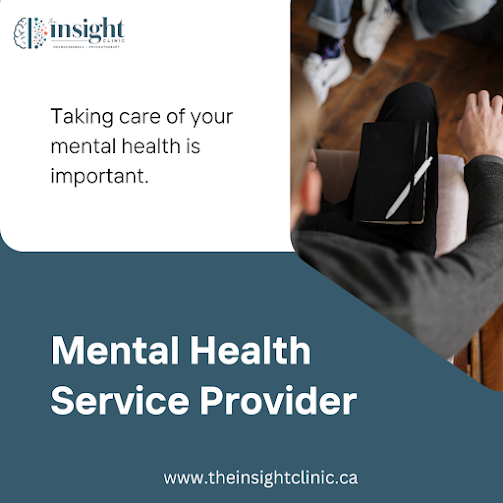Can Neurofeedback Brain Therapy Improve Focus and Memory?
In our fast-paced, information-rich world, maintaining sharp focus and a good memory can sometimes feel like an uphill battle. From work deadlines to family commitments, distractions are everywhere, and staying on task can be challenging. But what if there was a way to optimize brain function and improve your ability to concentrate and retain information? Enter Neurofeedback Brain Therapy.
Neurofeedback is a non-invasive treatment that trains your brain to operate more efficiently. By using real-time monitoring of brain activity, it provides immediate feedback to help individuals regulate their brainwaves. While this therapy has shown promising results for a variety of mental health conditions, one of the most exciting applications is its ability to enhance focus and memory.
How Does Neurofeedback Brain Therapy Work?
Neurofeedback works by using an EEG (electroencephalogram) to measure electrical activity in the brain. These brainwaves are categorized into different frequencies, including delta, theta, alpha, beta, and gamma waves. Each frequency correlates with specific brain functions, such as relaxation, focus, and memory retention.
During a neurofeedback session, sensors are placed on the scalp to measure the brain's activity. This data is fed into a computer system, which then provides visual or auditory feedback to the person undergoing the therapy. The feedback guides the individual in modifying their brainwave patterns, essentially training the brain to operate more effectively.
Neurofeedback and Focus
When it comes to focus, individuals often struggle with an overactive or underactive brain state. For example, those with attention issues, such as ADHD, might experience an imbalance in brainwave activity that results in distractions or difficulty maintaining attention.
Neurofeedback aims to optimize beta waves, which are associated with active concentration and alertness. By reinforcing the production of these waves, neurofeedback can help individuals stay focused for longer periods of time, reducing the tendency to become distracted.
For individuals with ADHD or those struggling with focus-related issues, neurofeedback can offer a significant improvement. Studies have shown that regular sessions can help these individuals become more attentive, improving their ability to complete tasks, whether at school, work, or in day-to-day activities.
Neurofeedback and Memory
Memory is another cognitive function that can benefit from neurofeedback therapy. Alpha waves, which are linked to relaxation and calmness, play a crucial role in memory retention. If the brain's alpha wave activity is too low, it can result in difficulties recalling information or staying mentally alert.
Neurofeedback can help train the brain to produce optimal alpha waves, leading to improved memory recall. This process is particularly beneficial for those who struggle with short-term memory or experience forgetfulness due to stress or aging.
Additionally, neurofeedback helps train the brain to regulate its activity during different tasks, leading to better encoding and storage of memories. This means individuals who undergo neurofeedback therapy may find that they are able to not only retain information more easily but also access it when needed.
What Can You Expect From Neurofeedback Brain Therapy?
While results vary depending on the individual, many people who undergo neurofeedback therapy report significant improvements in focus, memory, and overall cognitive function. Most people need multiple sessions for optimal results, with each session typically lasting between 30 to 45 minutes.
Neurofeedback is generally considered safe and non-invasive, with minimal side effects. Some people might experience slight fatigue or a feeling of relaxation after a session, but these effects are usually short-lived.
Conclusion
If you’re struggling with focus or memory, Neurofeedback Brain Therapy could be the solution you’ve been looking for. This cutting-edge treatment can help train your brain to optimize its performance, leading to better concentration and improved memory retention. Whether you’re dealing with ADHD, age-related memory issues, or just trying to stay sharp in a busy world, neurofeedback offers a natural, effective way to enhance cognitive function.




Comments
Post a Comment